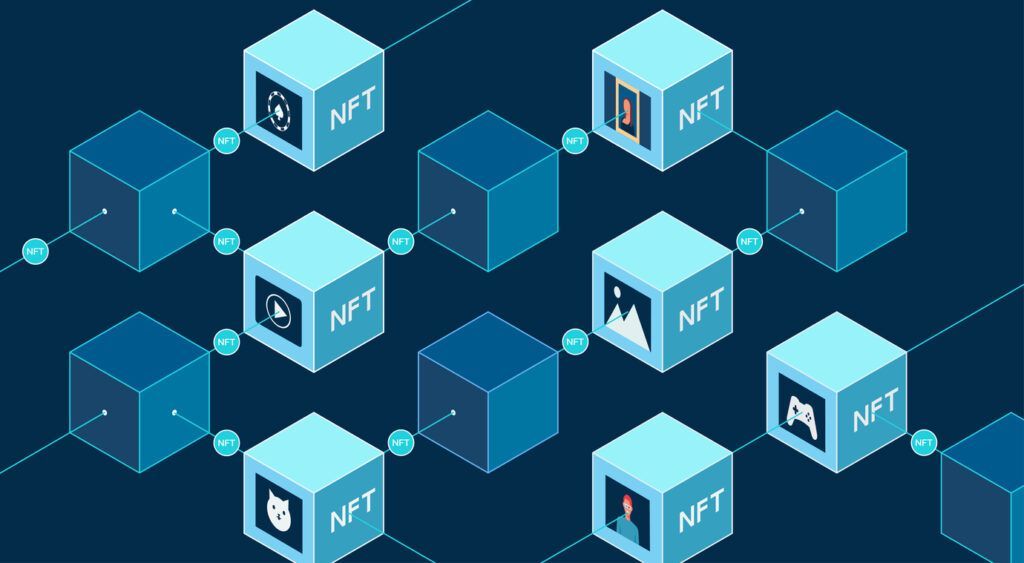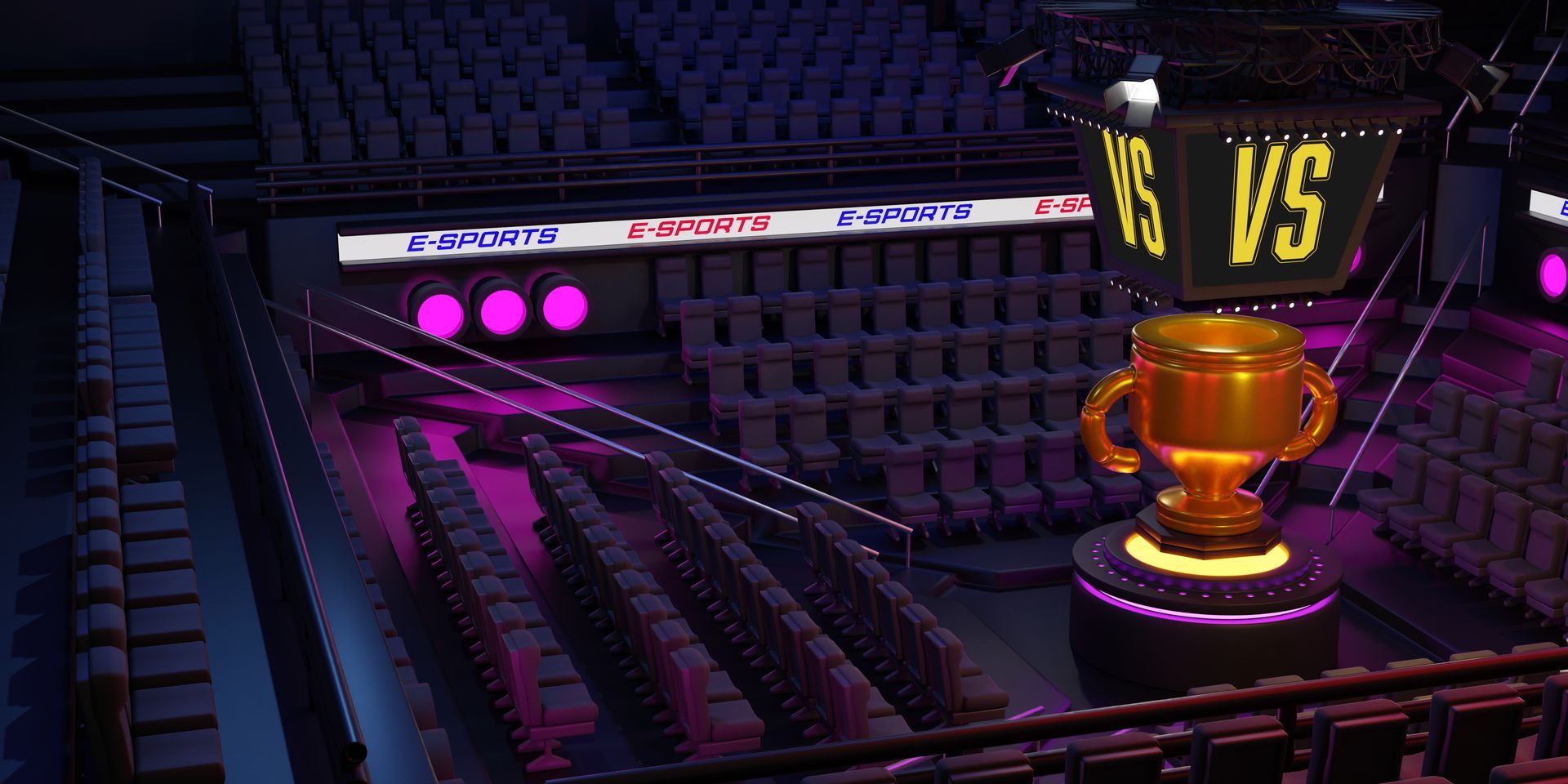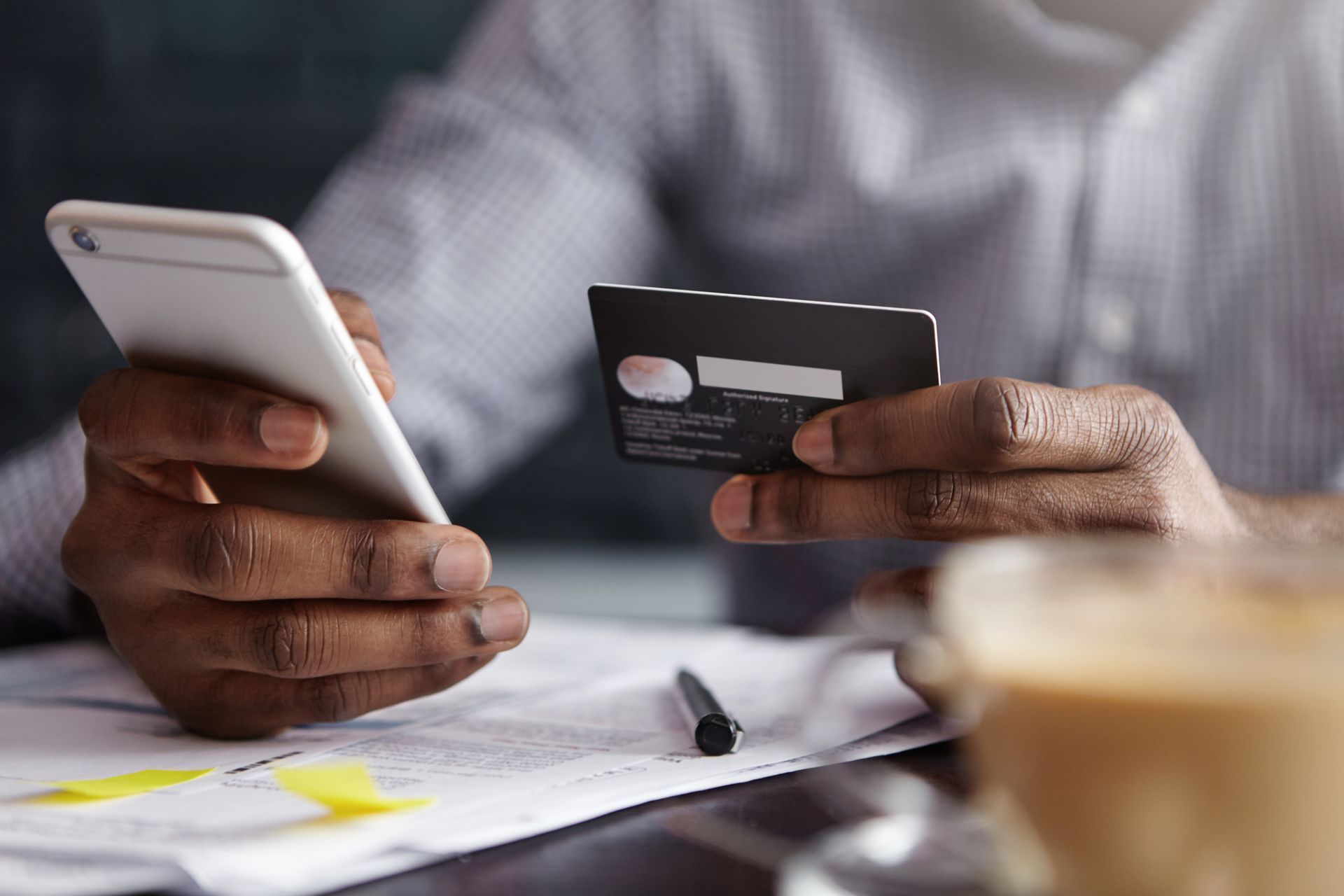...and Infringement of Copyrightable Works Represented by NFTs

Introduction
In a time where the central discourse surrounding blockchain technology concerns cryptocurrencies, Non-Fungible Tokens (“NFTs”) appear to have gained insuppressible traction. This class of tokens are not new in some sort; they have been around since at least 2017 when Dapper Labs experimented with selling NFTs for digital cartoons.1.
- What are NFTs, and How do they work?
2 NFTs are a unique digital asset (token) that is minted, recorded, and traded on blockchain technology3. It represents a unique asset that can either be purely digital or tokenized iterations of real-world assets.4 Due to them being interchangeable, unlike cryptocurrencies which are fungible (i.e. mutually interchangeable), NFTs function as proof of authenticity and ownership within the digital realm.5
Mainly, NFTs apply to anything digital, including but not limited to drawings, music, videos, gaming, and pictures.6 However, there is a current buzz for its utility in the sale of digital art so much that people now refer to them as the future of fine art collecting.7 For example, on 11 March 2021, Mike Winklemann, a graphics designer, sold a digital collage as an NFT for slightly over $69million8 and such sales and transactions concerning another digital version of otherwise copyrightable works are becoming more frequent, thereby raising the issue of copyright ownership as there appears to be confusion between ownership of the works sold and for which the NFTs ascribes authenticity and the ownership of the copyright in the said work.
- NFTs and Copyright Ownership
The above raises a question of whether there exist Copyright in Blockchain technology that can enable NFTs to create the same upon the lodging of a transaction concerning an otherwise copyrightable work. Essentially, can NFTs through blockchain technology automatically confer copyright on the purchaser of an otherwise copyrightable work? The answer is in the negative. While this may seem simple, one can understand how the confusion would arise. When an NFT is minted and transacted on, the blockchain technology records unique metadata on the transaction indicating ownership spread out on a distributed ledger. However, while the purchaser of the NFTs buys the same in connection to a copyrightable work, it buys nothing more than a “mere unique hash on the blockchain with a transactional record and a hyperlink to the file.”9, in this case, the copyrightable work.
10Thus, while purchasing NFTs representing a digital version of an otherwise copyrightable work by a creative, grant the buyer exclusive ownership of the work, the copyright in the said work does not automatically lie in the buyer’s favour. The operational rule herein is the general rule of first ownership of copyrightable work, which provides that copyright vests initially in the author of the work and can only be divested by a contractual waiver of such right by the author of the work except in limited cases. This appears to be the only way copyright can pass from the author to the buyer of the digital copyrightable work, considering a “lack of copyright trading infrastructure that complies with international law”.11 Essentially, the general loosely regulated (if at all) NFTs is subjected to the same copyright rules applicable to non-digital copyrightable works.
- NFTs and Copyright Infringement.
Notwithstanding the above, another issue that arises beyond copyright ownership concerning NFTs that represent Copyrightable works will be an infringement of copyright therein. We discussed the issue above from a position where the digital copyrightable works seller was the genuine author of the work. However, despite the onboarding process NFTs (i.e. minting, which means the signing of the NFTs at the point of upload) which seeks to trace the NFT to the owner of the work, i.e. the actual creator of the work, we find that many creatives complain about finding their pieces on NFT marketplaces without their authorization. Arguably, this can be traced to the combined fact that people lie about their identity and the nonexistent legal framework in the NFT marketplace12 to checkmate this.
13Notwithstanding, because the NFTs concerning digital-copyrightable works does not differ from non-digital
copyrightable works, at least for now, a creative whose work was infringed on can arguably bring an action against the NFT holder as would be done in a regular case, and because the non-fungibility of an NFT and the fact that blockchain technology makes it easy to trace the elements of the transaction, it becomes possible to identify the primary infringer of the work.
Conclusion
Overall, there is a growing utilization of NFTs in the trading of copyrightable works in the blockchain space; artists worldwide and in Nigeria leveraging this phenomenon will continue to increase. However, until there is clarity in the governance of the NFT marketplace, creatives must continue to leverage current copyright laws to protect their works from being digitized and sold without their consent. Finally, buyers must also understand what the NFTs purchased transfers to them and appreciate how to understand copyright law exceptions to secure copyright ownership in the copyrightable work represented by the NFTs they are buying.
References:
1 Jeff John Roberts, ‘The NFT Craze offers Easy Money- And Hard Copyright Questions’ (Decrypt 13 March 2021) https://decrypt.co/60394/nft-craze-easy-money-hard-copyright-questions Accessed 24 June 2021.
2 Photo Credit: NOWPayments.io https://nowpayments.io/blog/what-is-nft-and-3-ways-you-can-profit
3Awani Kelkar, ‘Non-Fungible Tokens And Copyright Law: A ‘Nitty’ Dilemma’ (Quint 16 April 2021) https://www.bloombergquint.com/opinion/non-fungible-tokens-and-copyright-law-a-nifty-dilemma accessed on 24 June 2021.
4 Binance Academy, ‘A guide to Crypto Collectibles and Non-fungible Tokens (NFTs)’ (Binance Academy June 2021) https://academy.binance.com/en/articles/a-guide-to-crypto-collectibles-and-non-fungible-tokens-nfts accessed 24
June 2021
5 Ibid.
6 Mitchell Clark, ‘ NFTs, explained’ (The Verge 11 March 2021) ‘ https://www.theverge.com/22310188/nft-explainer-what- is-blockchain-crypto-art-faq accessed 24 June 2021.
7 Ibid.
8Robert Frank, ‘Beeple NFT becomes most expensive ever sold at auction after fetching over $ 60 million’ (CNBC 11 March 2021) https://www.cnbc.com/2021/03/11/most-expensive-nft-ever-sold-auctions-for-over-60- million.html#:~:text=A%20non%2Dfungible%20token%20by,to%20more%20than%20%2469%20million accessed 24 June 2021
9 Harrison Jordan, ‘No, NFTs aren’t copyrights’ (Tech Crunch 16 June 2021) https://techcrunch.com/2021/06/16/no-nfts- arent-copyrights/ accessed 24 June 2021
10 Photo Credit- Cointelegraph https://cointelegraph.com/news/copyright-infringement-and-nfts-how-artists-can- protect-themselves
11 Jordan (n 9)
12 Ibid
13 Photo Credit: The Biederman blog https://www.biedermanblog.com/nfts-are-the-present-future-of-ip-licensing-might- also-violate-copyright-law/

F.A. Garrick & Co is a Nigerian-based Law firm with an international outlook, providing solution-driven legal and business advisory services to its dynamic client base.
Our Office
Office Address
45 Calcutta Cres, Apapa Quays,
Lagos, Nigeria
Phone Numbers
+2348023190255; 012930934
Law Firm Emails
info@fgarrickco.com; nosa.garrick@fgarrickco.com
Law Firm Opening Hours
Monday to Friday | 8am - 5pm
Links
Contact Our Firm
To make an inquiry, get a lawyer or to contact us please click the button below.





